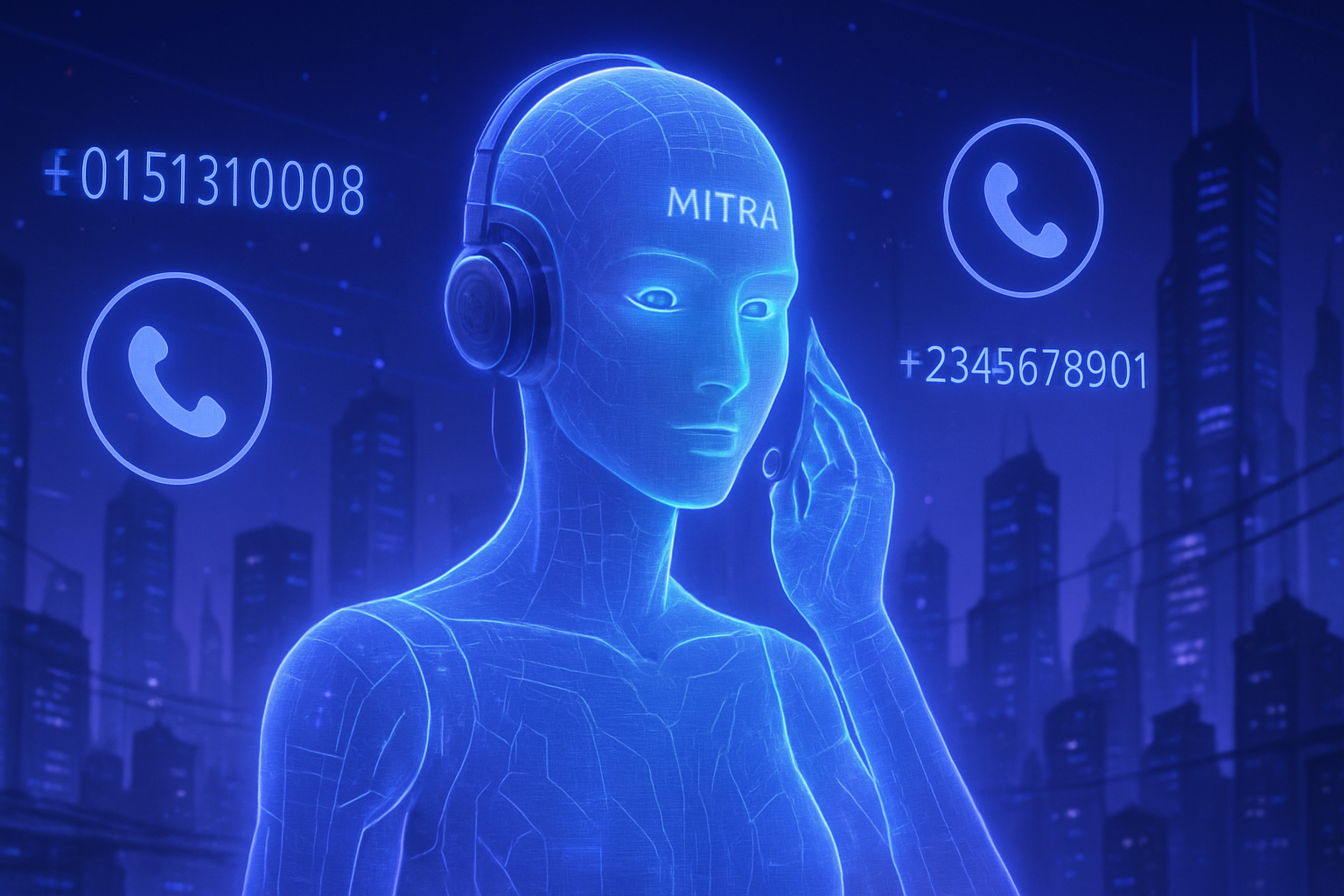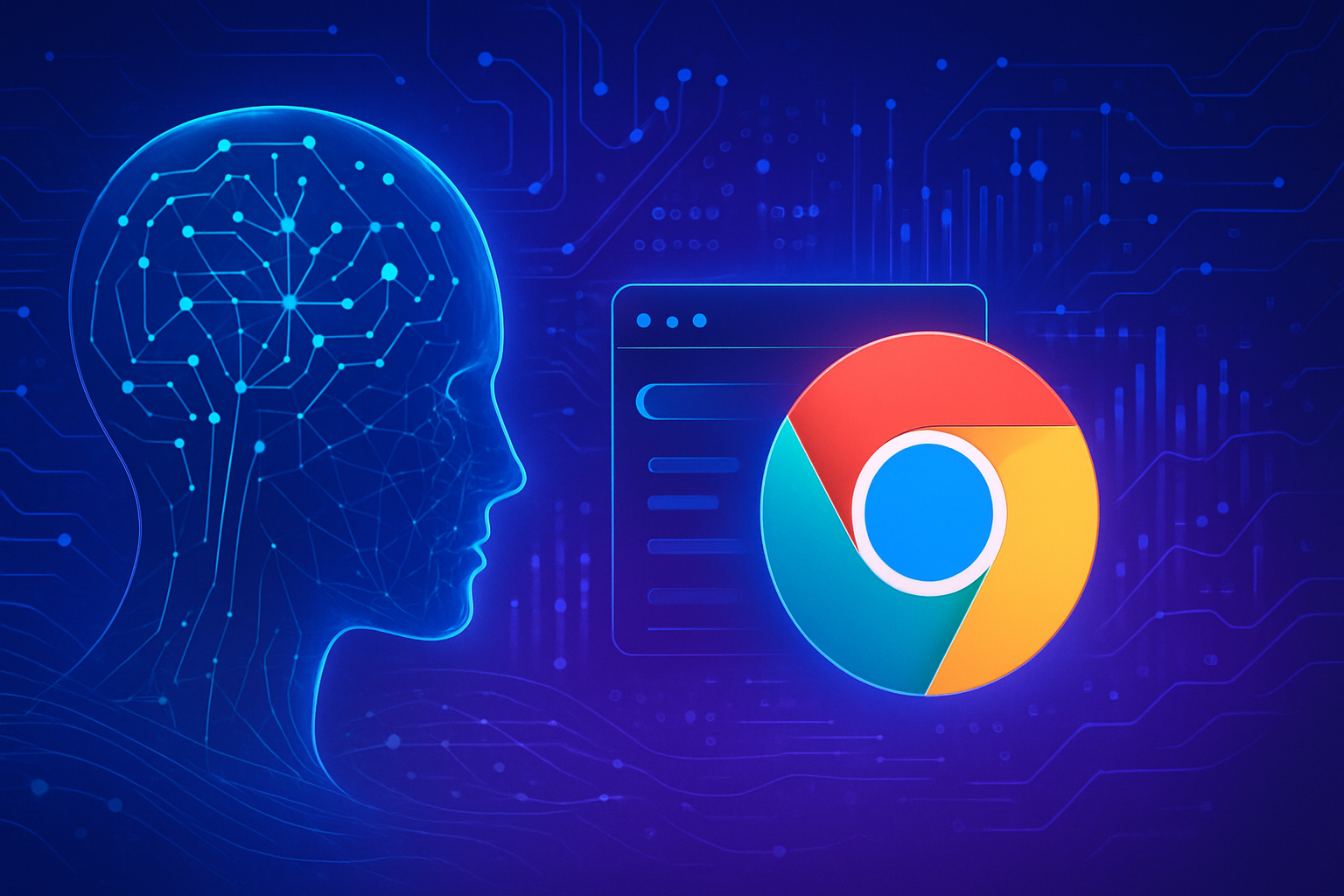Share your emotional experience, a vibrant call resonates for a generation eager for support and authenticity. As artificial intelligence permeates the most intimate spheres, a captivating phenomenon emerges. AI becomes, for many young people, an always-available confidant, transforming the perception of emotional well-being. Young people under 30, immersed in an ocean of uncertainties, find refuge and listening in this newfound relationship. This dynamic raises a fascinating question: how does AI shape your emotions and influence your daily life? Sharing your story allows you to illuminate this innovative relationship and inspire others through their own experiences.
Call for testimonies: Your experience with artificial intelligence
Today’s society is witnessing a rise in the use of artificial intelligence (AI) tools among young adults. Nearly half of those aged 18 to 25 frequently integrate these technologies into their daily lives. This use extends well beyond simple household tasks or information searches. Many young people use AI as an emotional support, comparable to that of a confidant or a psychologist available at all times.
AI as emotional support
For many individuals, artificial intelligence appears as a true confidant. It allows them to express personal concerns, often in a secure environment. These AI tools provide a space for exchanging intimate topics, such as interpersonal relationships, stress, or anxiety. The availability of artificial intelligence at any time seems to meet a growing need for listening and support, illustrating an innovative model of mental health.
Share your experience
Young users are invited to share their experiences and thoughts on the integration of these technologies into their lives. Have you ever turned to an AI application for advice on your emotions? Do you feel that an artificial intelligence, capable of understanding your worries, helps you navigate your thoughts? The testimonies will contribute to enriching the discussion around the psychological impact of these contemporary tools.
A modern confession space
For many users, AI has become a circle of trust where they can confide without apprehension. The responses provided by these tools can trigger profound personal reflection, facilitating an exploration of emotions and thoughts. The perception of AI as a virtual friend offers a new dynamic in personal support. This approach could open avenues for reconnection with oneself and one’s environment.
Confidentiality and anonymity
Regardless of the type of testimony, confidentiality remains paramount. Participants have the opportunity to maintain their anonymity while sharing valuable experiences. The information collected will be treated with the utmost respect. When presenting your reflections, be sure to provide a phone number and an email address where you can be reached. This may be necessary for any follow-up regarding your story.
Legal context and respect for privacy
Each testimony must comply with current standards and promote kindness. Freedom of expression is essential, but it must not overshadow respect for others. Contributions that do not meet these conditions may be rejected or removed. It is, therefore, crucial that your stories are authentic, well-written, and in line with the ethical expectations of the community.
Impact on mental well-being
The powerful role of AI in psychological support deserves deep exploration. This dynamic is evolving rapidly, with many AI models emerging to meet various mental health needs. For further insight, recent articles, such as the impact of exoskeletons and models raising controversies, testify to the diversity of artificial intelligence applications.
The collected narratives will fuel reflections on this fascinating contemporary reality. An adjustment of mindsets towards technology and its integration into our lives can transform the landscape of psychological support. This development offers an innovative way to envision the interactions between humans and machines.
The dissemination of these testimonies would not be limited to a simple publication. They could contribute to future research efforts, advocating for a growing field of competence in treating mental disorders through AI. Every voice is valuable in this emerging conversation.
Common FAQs
How does artificial intelligence really help me on an emotional level?
Artificial intelligence can provide emotional support by offering a listening space, suggesting advice on managing emotions, and addressing personal concerns at any time of the day.
What types of artificial intelligence applications are suitable for emotional support?
There are several applications, such as therapeutic chatbots, guided meditation apps, and mental wellness platforms that incorporate AI to offer personalized support.
Can sharing my experience with AI harm my personal life?
No, as long as you respect your own comfort and confidentiality. AI applications are designed to be private and ensure the security of your personal information.
What are the limits of using artificial intelligence for emotional support?
While AI can be helpful, it does not replace a mental health professional. It cannot address complex situations or major mental health issues.
How can I tell if my use of AI as emotional support is healthy?
It is important to monitor your feelings and overall well-being. If your reliance on AI interferes with your daily life or relationships, it may be useful to evaluate your habits.
Can artificial intelligence understand my emotions as well as a human?
However, while AI can analyze data and provide you with answers based on algorithms, it cannot feel or genuinely understand human emotions like a human being.
Can I remain anonymous when sharing my experience with AI?
Yes, many AI applications allow for anonymous communication. Be sure to read the privacy policies of each platform to protect your personal data.
What are the best practices for using an AI application as emotional support?
Use the application regularly, but in moderation, inquire about your feelings, integrate it as a complement to other wellness approaches, and do not neglect human interactions.
What information should I include in my testimony about using AI?
Share your positive experiences, challenges you faced, specific examples of help received, your overall feelings, and how it has influenced your daily life.
How can I provide a testimony on the emotional impact of AI in my life?
You can share your story by submitting it directly to the call for testimonies, detailing your experiences and providing your contact information for possible follow-up.






